Get Inspired
This Wasn't The Plan: Simran Kohli's Story
Thursday, April 14, 2016 was the day that my life turned upside down. I suffered a concussion, my first one ever, during water polo practice. An accidental hit to the head and my world was spinning. I was somewhat naïve and had no idea that the throbbing headache, immediate nausea, and unbearable dizziness all indicated a traumatic brain injury. After finishing the practice, I went straight into a full weekend of Model UN, which involved late nights, stimulation, and not eating properly. Not an ideal situation for someone with a severe concussion.
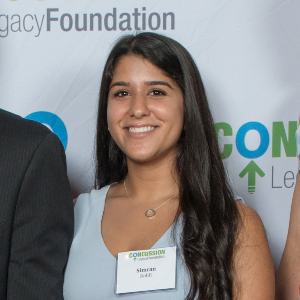
Posted: July 3, 2017
By, Simran Kohli
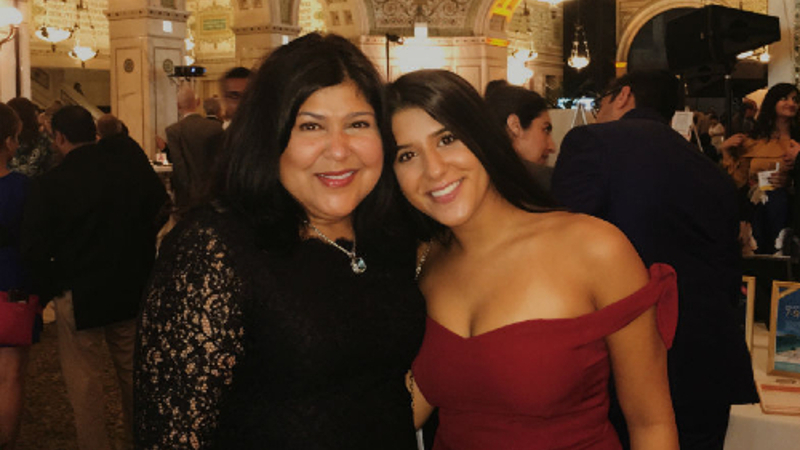
At school Monday morning, I could not focus on the Spanish presentation as the words were jumbled and I couldn’t bear to look at the screen longer than a few minutes. I had never felt like that before, so that’s when I knew that something was wrong. Over the next fifteen months, my life as I knew it was completely different.
I took three weeks off from school to rest and recover. Unfortunately, I do not remember much from that time, as I was in a dark place. Literally, I stayed in my room with the curtains drawn and slept, a lot! Sitting on the main floor of my house was too bright and too loud for me. My head would constantly throb in pain. Some days I would wake up just to eat lunch, nap until dinner, and then go right back to bed. Other days I wouldn’t even eat because the headache pain made me so nauseous. This routine was repeated again and again. Time kept going, but I felt like I was standing still.
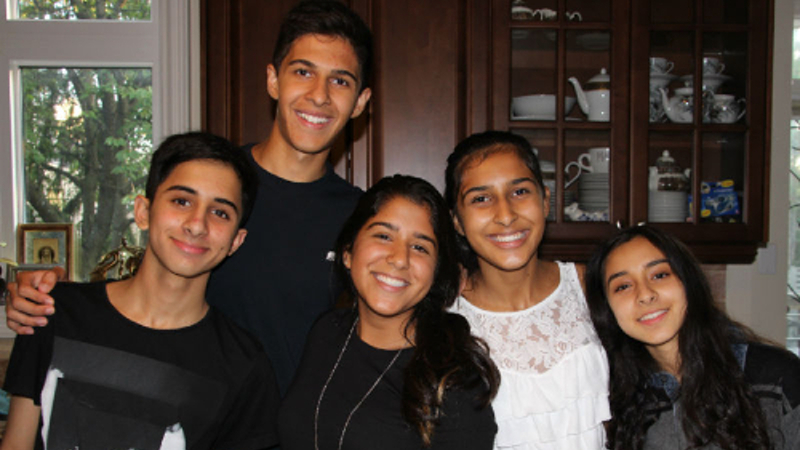
When I was awake, I walked around the house with a hoodie, sunglasses, and a hat on and only emerged from my room to go to a doctor’s appointment. We went to see so many doctors that I lost count. They all said the same thing, “you will get better, but it will take time. Unfortunately, we don’t know how long.” No one could tell me how long this would last, when my pain would subside, or when I would get my life back. That was so hard for me to understand. I was ending my sophomore year of high school and wanted nothing more than to get back to school. Throughout these three weeks, I had minimal contact with my friends.
What made things worse was that others could not understand my pain. No one from my team (players or coaches) reached out to me. The kids at school knew I was hurt, but they didn’t really know how bad things were. As time went on and no one reached out, my loneliness grew. I thought if I broke my leg, the kids would see the cast, sign it, hang out with me, and eventually I would heal. Unfortunately, there is no cast with a concussion, no obvious sign of pain or trauma. No tests to show progress.
After 3 weeks, I tried going back to school. To be clear, this did not mean full time, it meant showing up and seeing what I could handle. I went for a couple of days, but my headache would go from bad to worse. Each day my headache increased from the normal throbbing to the splitting “I need to lie down” category. Going to school was just too much – the noise, the lights, the questions, the incomprehensible material. It was overwhelming! Not only did I have to deal with the stress of sitting in classes and not understanding any of the material, I also received minimal support from my classmates. When my friends saw that I was back at school looking “normal”, they assumed that I was 100% better. Many of them asked, “how are you still concussed?” or questioned my dedication to the water polo team by asking “are you even still a part of the team?” I was not prepared to face these social hurdles and all the hurtful questions. After finding out that I didn’t have to complete my final exams that year, I was so relieved. But when my friends heard, there was a chorus of “omg you’re so lucky” or “ugh, I wish I could be concussed!” They just didn’t understand. Students recovering from a concussion need to be supported, not challenged or ostracized. After some discussion with the school, I was given final grades based on my year-to-date strong academic performance and told to focus on my recovery. Unfortunately, this relief was short lived as the severity of my concussion started to become more apparent.
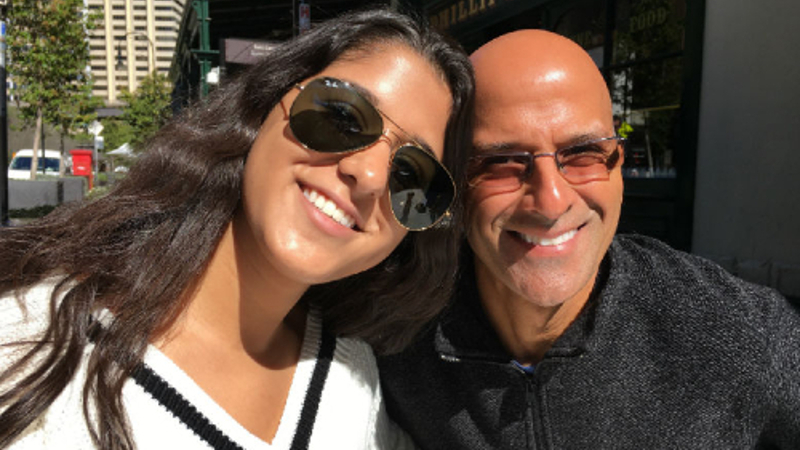
My summer was comprised of more than 100 medical and non-medical appointments. No, that is not a typo! While the medical profession has come a long way on many injuries, diagnosing and treating concussions is still in its infancy. From the doctors, therapists, acupuncturist, psychologist, we tried everything. Sometimes, I felt pain relief, but typically it was just temporary. Many times, the treatment made my headache worse! I had to re-learn the basics. My balance was off, my hand-eye coordination was severely diminished, and my mind wasn’t able to find the right words or I would mix words up in my head. My cognitive therapist originally assessed me at a 3rd grade level. Think about that – I was a 16-year-old girl about to go into her junior year with the cognitive abilities of an 8-year-old. Although this was one of the hardest things I have ever heard, it was a catalyst that made me want to work harder to get back to my old self.
My 16th birthday was six weeks after my injury, but I didn’t feel much like celebrating. My headache was still constant. The noise, music, and chatting all amplified my pain. Even though I didn’t want a party, my parents insisted that I needed something to get my spirits up. I hadn’t seen any of my friends outside of school for six weeks, yet there was little curiosity about my health. Most of what we talked about was prom. I’m not saying that I needed that night to be all about me, but my friends showing a little more compassion would have helped. On my actual birthday, a girl from my math class, someone who I would call an acquaintance, texted me happy birthday and said, “I hope you feel better soon! Math class isn’t the same without you!” That little text message meant the world to me as it showed that someone cared. Just because my best friends didn’t care, doesn’t mean that other people didn’t. A note to friends of people dealing with a concussion: a small message showing you care means the world.
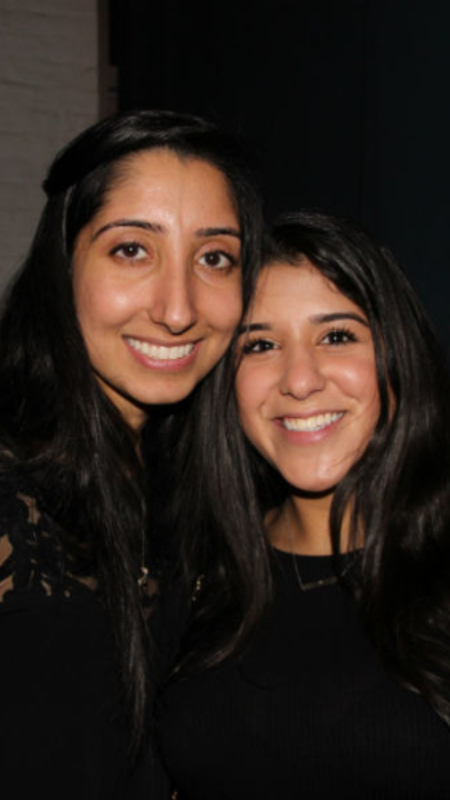
My life before April 14th was normal, as can be for a teenager. I enjoyed school and participated in many after-school activities, which included being on the varsity swimming and water polo teams. In fact, while I wasn’t the best player on the water polo team, I was chosen as a co-captain for the varsity team as a sophomore. Most of the girls that swam also played water polo, so we were all super close, or so I thought. Only one of the 20 girls on my team eventually reached out to me. My best friend of 12 years did not call or text for two whole months after she found out I got a concussion. I had a little bit of an easier time understanding why my friends at school didn’t reach out to me, but I was so hurt and baffled by the lack of care from someone who I considered my best friend. Looking back, I realize that the physical limitations from a concussion are difficult but they are emotionally compounded if you don’t have support from your friends. I guess it’s true when they say you really find out who your true friends are in times of need.
Before the start of junior year, I had a few meetings with some faculty and collectively concluded that I should drop my elective that year: AP Chemistry. I was so excited to take that class and challenge myself, but I was held back by my cognitive capabilities. This wasn’t ideal and added to the anxiety of my recovery. On my first day of classes, I spoke to all my teachers to explain my situation, as I wasn’t able to complete my summer assignments. Other students heard me telling teachers that I was still concussed, and they once again questioned me, “Simran, are you sure you still have a concussion?”, “How is it possible that you are still concussed?”, or “You have to be better by now. When I had a concussion, I was better in a week!” When I got home that day from school, I broke down, and began to question myself: did I really have a concussion for 5 months? Had I gotten so used to the constant headache that I didn’t even have a headache anymore? That was one of the hardest days of my recovery. However, I remember my parents offering great advice: you have to try your best to stay positive and only focus on what you can control. From that point onward, I decided that I would do everything in my power to get through this important year. This was the first year that I used extra time on tests, had a diminished homework load, and used Learning Resources at my school. Because I had all new teachers, I had to prove to them that I was willing to work hard and do my best even with my limitations. For the first two months of junior year, I wasn’t able to attend full days, as my headaches would be limiting part way through the day depending on the workload. I had a constant headache from April to October, six whole months, 175 days. At that point, the pain started to ease.
Throughout my various treatments, I pushed myself to stay positive. After a while my sunglasses came off, I could walk around without my hoodie, and was able to sit on the main floor of my house without exacerbating my symptoms. The lights didn’t bother me and nor did the sound of TV or music. As I went from appointment to appointment for pain relief and therapy, I started to notice progress there too. My balance was coming back, I could find the words in the word search without any help. In late 2016, I finally got an appointment with a well-known concussion doctor in Chicago: Dr. Labella. She knew concussions, she had an integrated plan for assessments, and a variety of treatments in case one didn’t work. One treatment she suggested was sub-occipital nerve block injections. These were injections in the back of my head attempting to numb the nerve that amplified my pain. The irony is that the most painful option was the only one that worked for me. For the first time in months, I was pain free!
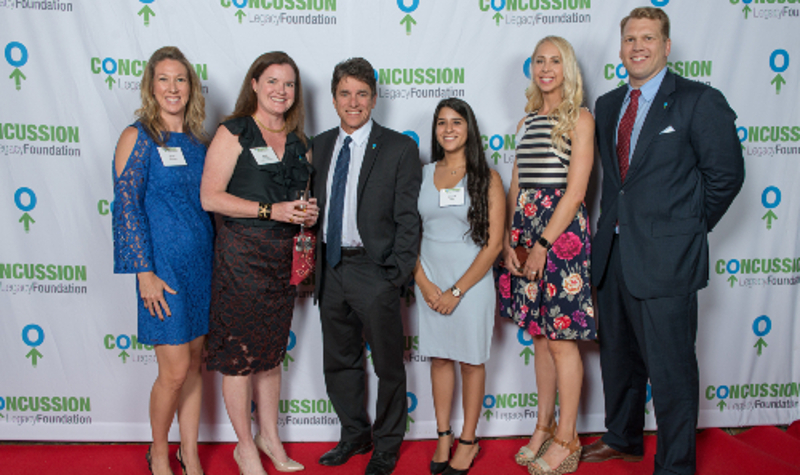
I have learned so much about myself through this recovery. I have grown as a person and am so much stronger and more mature than I was before. There were days when I moped around the house, crying and my frustration would eat away at me. Why did this happen? What did I ever do to deserve this? Honestly, no one has the answers to these questions. What I do believe is that everything happens for a reason. This setback has taught me patience, dedication, perseverance, and the power of positive thinking. I knew I would get better, it was only a question of how long will it take. I now have the confidence to face any future adversity head-on and know that I can be successful. I recently finished my junior year and am happy to report that I received really good grades. As a wise man told me, it’s not how you start the race, Simran, it’s how you finish that counts. I believe I finished strong.
You May Also Like
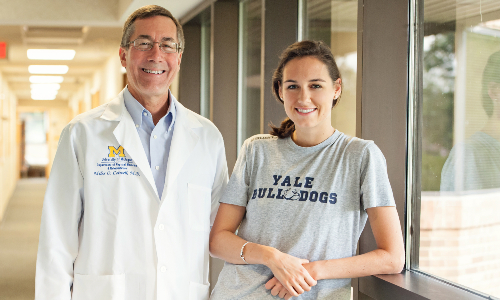
Finding a doctor who understands concussion is key to managing your injury. Learn how to seek out the best care and when to try active treatments for concussion.
Concussion Treatments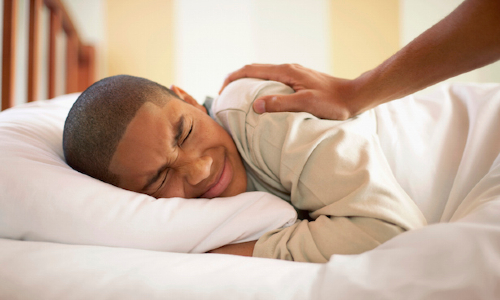
If your concussion symptoms persist longer than six weeks you may have Post-Concussion Syndrome (PCS). Learn about PCS and what you should do if you are concerned you or a love one may have it.
What is PCS?